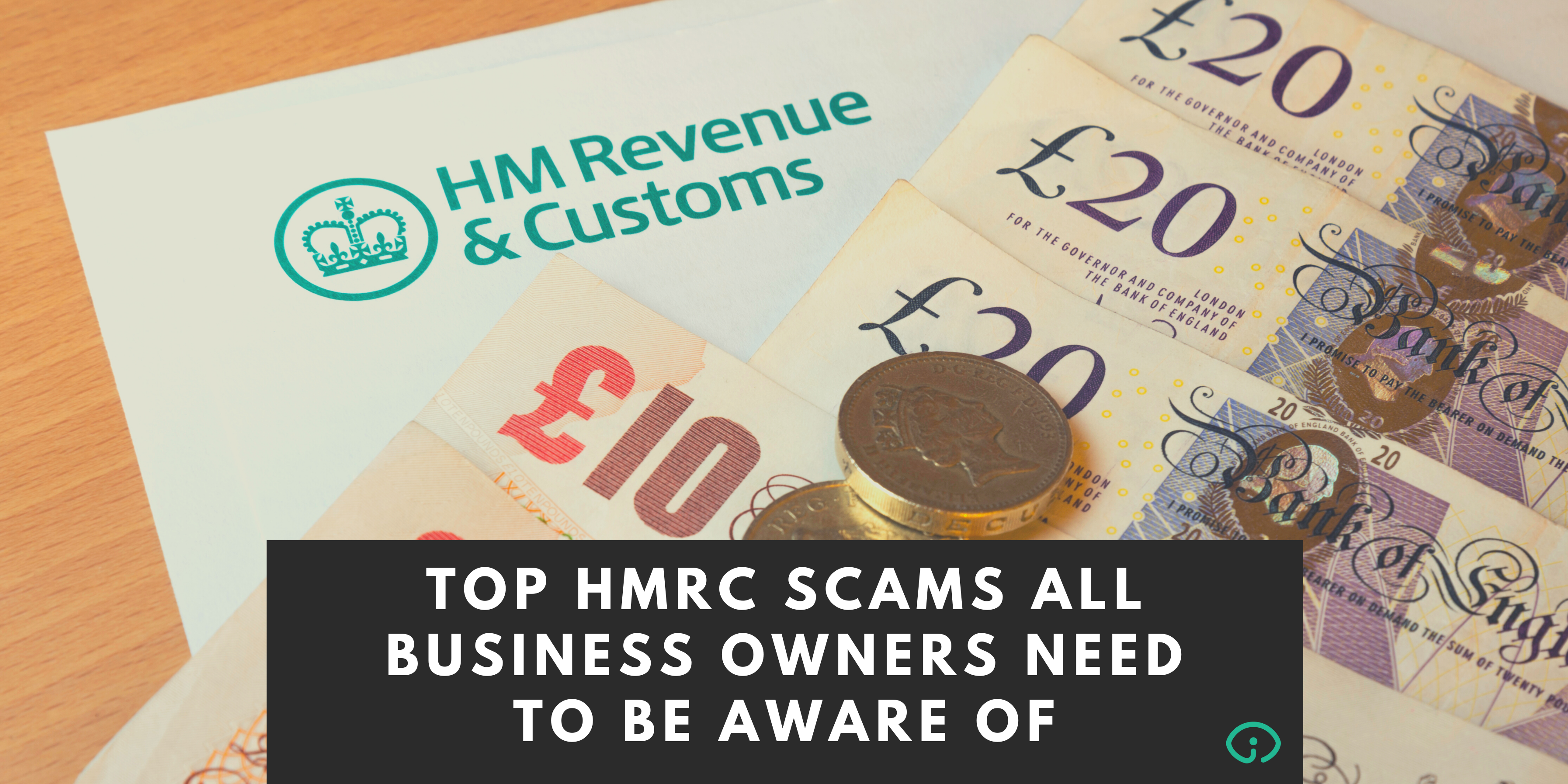There has been a rise in the number of different telephone, text and letter scams by fraudsters pretending to be HMRC. As we approach self-assessment time, it is more important than ever to protect yourself by being aware of the facts. Read our latest advice here.
At Insight Finance Solutions we are genuinely concerned over the sheer volume of scams by fraudsters pretending to be HMRC. From pre-recorded phone call messages to texts, emails and even fake letters and fake websites, the most savvy business person could still fall prey to these sophisticated scams.
A recent news report has suggested that over 900,000 scams have been reported to HMRC over the last year. In the run up to the 31st January self assessment tax deadline, it is more important than ever to be vigilant when it comes to fraudsters tricking us out of our hard earned cash.

Image courtesy of HMRC showing an example scam website. Would you know this isn’t real?
What kind of HMRC scams have been reported?
Of the 900,000 reports of suspicious contact reported to HMRC in the last year, these are the following types of contact to be aware of;
- bogus pre-recorded phone calls that may offer you a tax refund or ask you to pay a tax bill. These calls are reportedly getting increasingly aggressive with threats of arrest and legal action
- bogus text messages
- phone scams involving fake tax rebates (where you hand over your bank details to receive the payment)
- WhatsApp messages
- Social media messages
- Contact from a refund company
- Emails with links to fake websites like the picture above
Please share far and wide – This number called me with a pre-recorded message telling me I owe HMRC money – with a threat of being arrested if I don't pay. Sadly this type of scam targets the vulnerable members in our communities please keep an eye on relatives and neighbours ? pic.twitter.com/SmYN852uuD
— Charles Cross Police Team (@CharlesCrossLPP) November 18, 2019
What WILL HMRC do? How will you know to spot a fake?
Aggression
HMRC aren’t big and mean and nasty, they won’t threaten you so if the contact and communication is in any way heavy handed or aggressive this is a big red flag.
HMRC don’t use WhatsApp or Social Media
The taxman doesn’t contact business owners via WhatsApp or social media so if you get a private message pretending to be HMRC on these platforms then it is 100% fake.
Refund companies are not legit
Some companies will contact you to say that they can apply for a refund on your behalf. They are not official and read the small print first. However, big but here… at Insight Finance Solutions we HAVE contacted HMRC on behalf of clients and secured tax refunds. So ensure that if you are going down this route it is through an accountancy advisor that you have already been working with and trust.
HMRC won’t ask for personal details by email or text
Don’t be fooled into giving out personal info to HMRC or those claiming to be HMRC. Don’t text back and don’t click on any links that look suspicious in emails.
Things to look for that make dodgy emails stand out
If you get an email from HMRC look out for the following red flags that it could be a fake;
- Fake email addresses – they might look official at first glance and contain HMRC, .gov or other connotations of an official government website. These can be tricky to spot, as fraudsters often use addresses that look official at first glance, containing words like Revenue, HMRC and gov. ALL HMRC emails are from @hmrc.gov.uk and to double check, hover over the ‘from’ field and make sure the actual link the text leads to ends in @hmrc.gov.uk
- Offering a tax rebate – HMRC will never offer a tax rebate over email, ask for personal information or tell you about any reimbursement over email
- Getting aggressive and demanding action now – If you’re being offered a tax rebate but you must take urgent action to get it, beware! It’s a scam ensured you don’t give yourself time to think and you hand over your precious details in a flash. Contact HMRC to be sure.
- Bogus links and attachments that look dodgy – If you’re sent an email that contain links to a web page, or have an attachment then treat it with caution. The links may go to a site that looks like a genuine HMRC website but check the web address at the top – it will usually be a series of numbers or not have www.hmrc.gov.uk as the address in the browser bar. These are the most dangerous as they look so convincing. Like the one in the image above! Also attachments could contain viruses that give scammers access to your computer and personal information.
- Generic greetings – if the emails don’t start with your name and instead say ‘Hello’ ‘Dear Sir/Madam’ ‘Dear customer’ then watch out. Emails from HMRC will address you by your name.
If you spot a scam HMRC email or phone call, forward details to phishing@hmrc.gov.uk (and send scam texts to 60599). If you’ve suffered financial loss because of one of these scams, you should contact Action Fraud on 0300 123 2040, or use their online fraud reporting tool.

